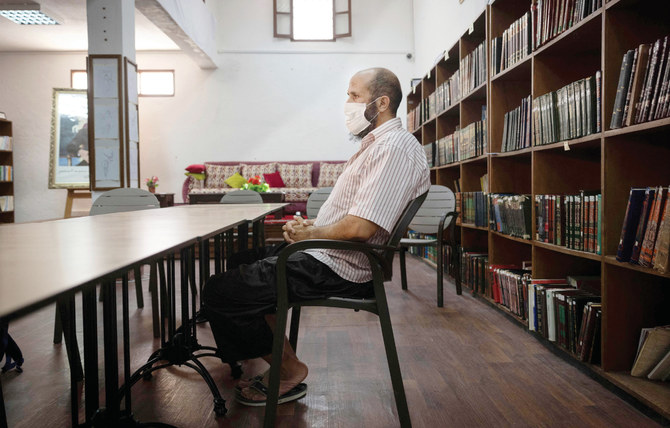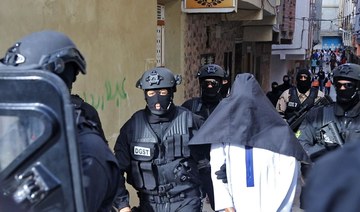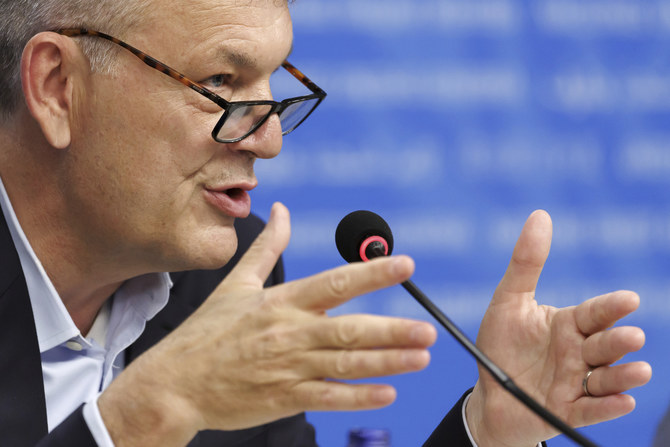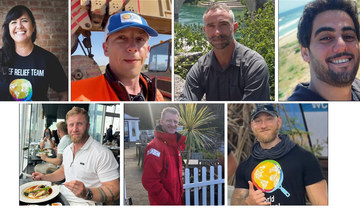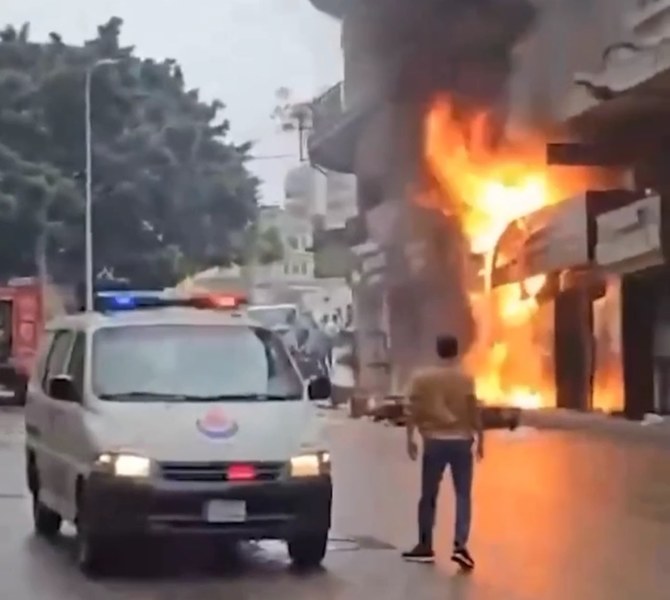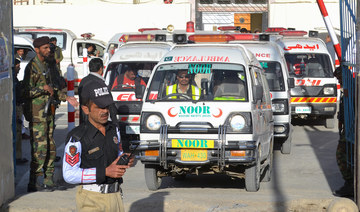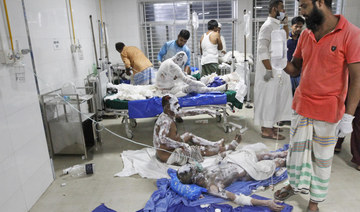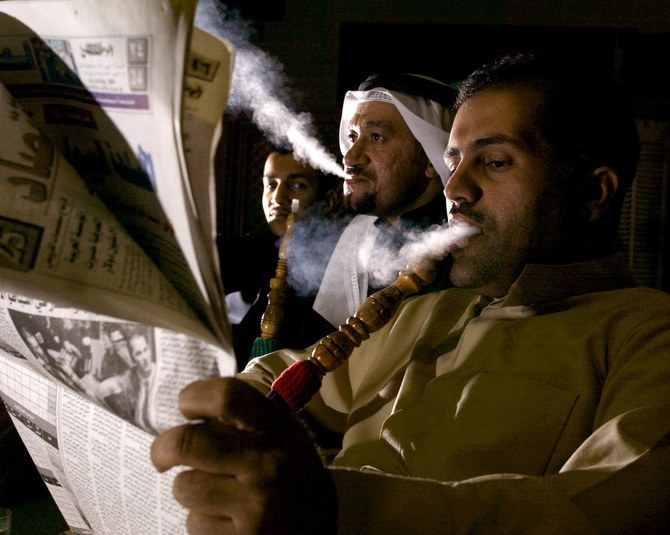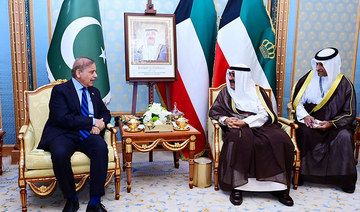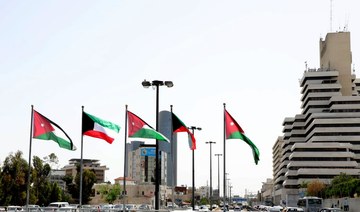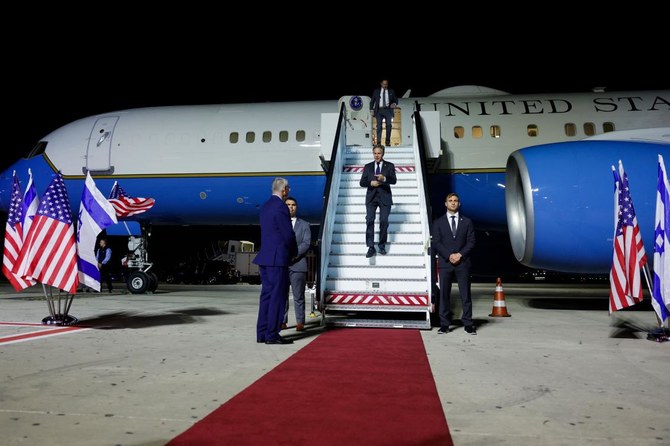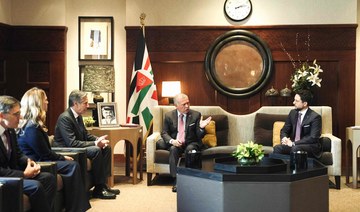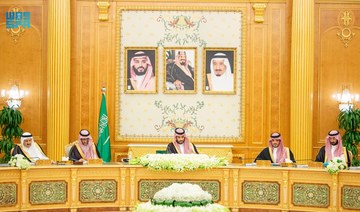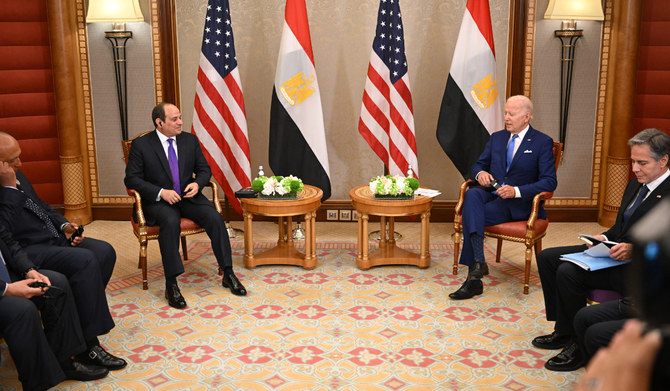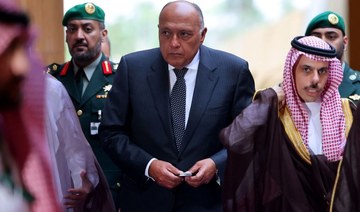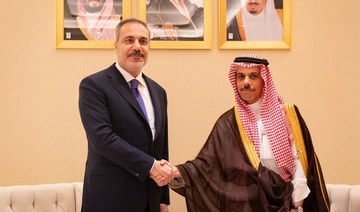RABAT: Saleh has been languishing in Moroccan jails for 19 years on terrorism charges, but he hopes to be freed soon thanks to a de-radicalization program.
The former hard-line militant, today a bearded prisoner in his 50s, said he once held beliefs that justified violence.
“I believed Muslims had a duty to fight oppressive rulers who don’t apply Islamic law, and to attack states that fight Muslims,” he told AFP in the library of Kenitra Prison, near Rabat.
But those ideas were based on a literal reading of the Qur’an and sayings of the Prophet Muhammad “that I wasn’t qualified to understand,” he says.
Today, after passing through the North African kingdom’s Moussalaha (“Reconciliation“) program, he is hoping for a reprieve.
The program, launched in 2015 and led by Morocco’s DGAPR prison service with several partner organizations, aims to help terror detainees who are willing to question their beliefs.
Saleh said his journey into militancy began after he emigrated in the 1990s to Italy, where he met an imam at a Turin mosque who belonged to Jamaa Islamiya, the Egyptian jihadist group that assassinated President Anwar Sadat in 1981.
In 2001, he left what he used to call “the country of the infidels” and moved with his family to Afghanistan under Taliban rule.
But the Sept. 11 attacks in the US forced him to change his plans.
With the US threatening to invade and topple the Taliban, he fled home to Morocco — and was promptly arrested.
He says he does not have blood on his hands, but he has been in detention ever since.
Morocco has had painful experiences with militancy at home and abroad.
In 2003, five suicide attacks killed 33 people and wounded scores more in the economic capital Casablanca.
Fifteen years later, two Scandinavian tourists were murdered by Daesh-linked militants during a hiking trip in the High Atlas mountains.
The security services have dismantled more than 2,000 extremist cells and made over 3,500 arrests linked to terrorism since 2002, according to official figures published in February.
Many cells busted in recent years have been linked to the Daesh group, which seized a swathe of territory in Syria and Iraq and proclaimed a “caliphate” there in 2014.
More than 1,500 Moroccan fighters are known to have traveled to the area over the past decade, a security source said.
But in 2015, Moroccan authorities launched Moussalaha as part of “a new approach” to detainees, said DGAPR official Moulay Idriss Agoulmam.
The program “includes monitoring the participants and helping those who express a need for guidance,” he said.
It also includes studies on law and the economy, as well as a three-month psychological accompaniment.
It has so far reached 207 detainees, including eight women. Around 116 have received royal pardons and been freed, while 15 have had their terms reduced.
Mohamed Damir, another ex-detainee who had been sentenced to death in 2003 on terror charges, said many radicalized people “only realize they need to leave their extremist ideas once they find themselves alone” in a prison cell.
The 47-year-old said he reached that point after seven years of prison. That began a long process to convince the authorities to help out convicts in a similar situation.
In 2011, his sentence was commuted to 30 years in jail.
Then he was released in 2017 after taking part in the first round of Moussalaha.
Part of his re-education involved reading the works of philosophers Jean-Jacques Rousseau and Voltaire, some of whose ideas “are not far from the spirit of Islam.”
“I discovered the concept of the social contract, which allows everyone to live in peace, as we are obviously all different,” he said.
After leaving prison, Damir joined an Islamic scholars’ association in the town of Mohammadia that oversees the religious aspect of Moussalaha.
Today, he is helping guide detainees through the program.
“It’s not always easy,” he said.
“Most of them don’t know much about the Islamic religion,” he said, adding that he uses religious texts to change their views.
“I try to persuade them that they will not earn God’s favor by following the path (of violence).”



